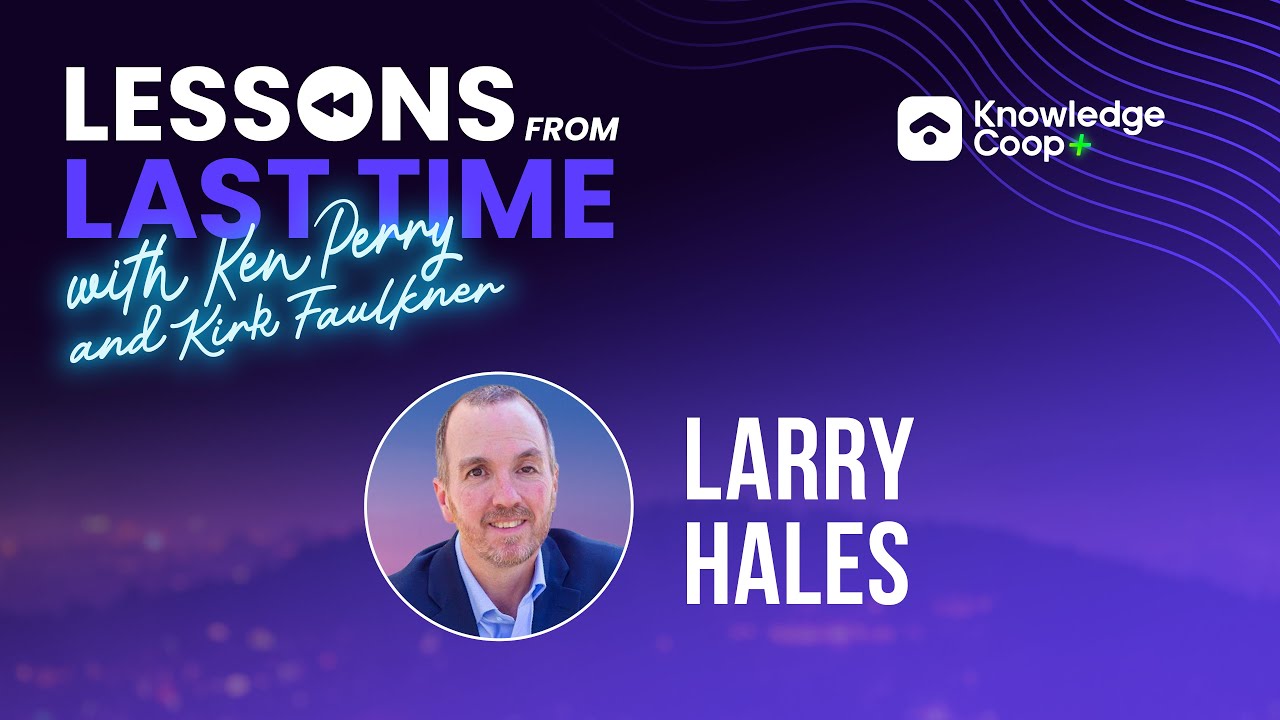SEO Essentials for Real Estate Agents: A Comprehensive Guide
In the last episode, we talked about the key elements in developing a real estate agent website. After your website has been developed, it has to be found; that’s where SEO (Search Engine Optimization) comes to play. For real estate agents, SEO is the key to maximizing your online presence and reaching potential clients. Let’s break it down into accessible parts, connecting each component to your everyday work in real estate.
- Keywords: Firstly, just as you pinpoint the ideal neighborhoods for your clients, you need to identify the perfect keywords that prospective homebuyers or sellers use online. Tools like Google Keyword Planner and SEMrush can guide you to high-traffic keywords specific to the real estate industry.
- Meta Tags: Secondly, meta tags act as clear signposts, helping search engines understand your site. Imagine them as the appealing “For Sale” signs that grab buyers’ attention. Craft meta titles and descriptions with essential keywords, and you’ll improve your website’s visibility in search results.
- High-Quality Content: Next, consider your content as the appealing interior staging of a home. Engaging, informative, and relevant content will draw visitors in, showcasing your expertise and providing valuable insights into the real estate market.
- User-Friendly Navigation: Furthermore, no one wants to get lost during a home tour, and the same applies to your website. Ensure that visitors can easily navigate and find the information they seek, enhancing their user experience.
- Page Speed Optimization: Moreover, in the fast-paced real estate market, time is of the essence. A slow-loading website can be as off-putting as a delayed showing. Google’s PageSpeed Insights can offer you practical tips to keep your site’s load time swift.
- Mobile Optimization: Additionally, in today’s on-the-go world, many potential clients are browsing properties on their phones. A mobile-optimized website ensures that they can view listings and contact you effortlessly, even when they’re out and about.
- Backlinks: Lastly, relationships are key in real estate, and online, they translate into backlinks. When reputable real estate websites link to yours, it’s akin to a respected colleague referring a client to you. These endorsements can elevate your standing in the eyes of search engines.
SEO is not a one-time renovation but an ongoing maintenance project for your website. By keeping abreast of best practices and adapting to changing algorithms, you can build an online presence as solid and appealing as the best properties in your portfolio.
Consider SEO as the virtual curb appeal of your real estate business. It doesn’t just help clients find you; it invites them in and convinces them to stay. By investing in these essential elements, you’re not merely following trends; you’re setting the standard for online real estate marketing in your community. In the next episode, we’ll cover SEO Tools that can help you manage this process. For more information on digital marketing, see the episode Real Estate Digital Marketing 101.
About the Author

Rich Foreman is a seasoned technology leader with over 30 years of experience. He is the Founding COO of MarketingHero.AI and was the founding CTO of Cordico, leading the team behind the award-winning CordicoShield / CordicoFire Wellness App. Cordico was awarded the Innovation Award of the year by the Sacramento Business Journal. Cordico achieved a 7-digit ARR and was acquired by Lexipol in 2020. Rich holds a BS in Industrial Engineering from the University of Washington, an MPA from Troy State University, and served as a Naval Officer. He co-authored Tap into the Mobile Economy and was featured in various media outlets. Rich is also the Founding Director of Sacramento’s Startup Grind chapter and has a strong background in civic service, including a term as Utility Commissioner for the City of Folsom. He co-founded Apptology, named Small Business of the Year in 2014 by the Sacramento Asian Pacific Chamber.






